Early Career Training Programme Committee
Early Career Training Programme Committee
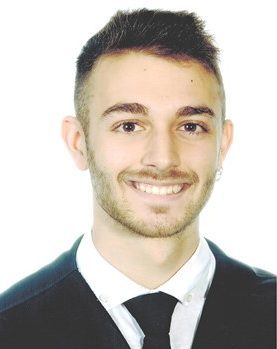
Álvaro Fernández Blanco is a PhD student at the Centre for Genomic Regulation in the Cellular and Systems Neurobiology group. His research is devoted to understand the cellular and molecular basis of intellectual disability in Down syndrome. In particular, he is interested in deciphering how genetic alterations in the neuronal ensembles that are responsible for particular memories in the brain can lead to cognitive impairment in Ts65Dn, a trisomic mouse model for Down syndrome. Moreover, he also studying how astrocytes can contribute to memory pathology and to engram formation and reactivation in Ts65Dn. He has performed research internships in leading neuroscience institutions (Edmond and Lilly Safra Center for Brain Sciences in Jerusalem and in the Instituto Cajal in Madrid).
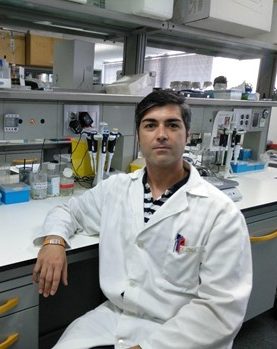
David Díaz López is the Associated Professor at the University of Salamanca. He carries out his research activity at the Institute for Neuroscience of Castile and Leon. His lines of research are focused on the study of impairments of the central nervous system, the cell therapy through stem cell transplantation, and the relationship between immune and nervous systems. He has won several academic and research awards such as the National Award for University Studies, the Extraordinary Degree and Doctorate Awards, the Royal Academy of Doctors of Spain Award, the FOLTRA Award, or the Olympus Award. He has carried out research stays in Germany (Helmholtz Zentrum München) and France (Institut Pasteur and Hôpital Paul Brousse). Likewise, it considers scientific dissemination as the best way to bring science closer to society. In this sense, he is the author of dissemination books and articles, and participates in a multitude of activities for this purpose: outreach blogs, practical workshops, events in schools and institutes, the Pint of Science festival, TEDx talks, etc.
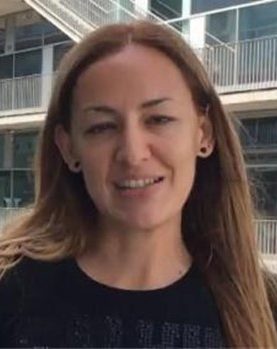
Elena Martín-García is a professor and senior researcher in the Neuropharmacology Lab at Barcelona Biomedical Research Park (PRBB) at the Universitat Pompeu Fabra (UPF) in Barcelona. Her research interests center on studying the neurobiological basis of addiction and related disorders, including obesity. She has more than 50 scientific publications in peer-reviewed journals related to Neuroscience, Neuropharmacology, and Behaviour. She obtained the Ph.D. in Universitat Autònoma de Barcelona, and she did a postdoctoral stage in the Neuro center Maengdie in Bordeaux (INSERM). Her research includes a translational value and combines different genetics, epigenetics, DREADDs, electrophysiology, calcium imaging, and behaviour approaches. In addition, she is interested in the basic knowledge for understanding the genetic basis of psychiatric disorders and the neurobiological mechanisms underlying the associated brain dysfunction.
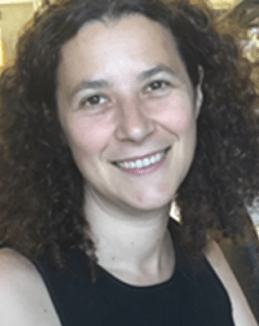
Dr. Maria Martínez de Lagrán (PhD) is the research assistant at the Centre for Genomic Regulation (CRG). Her research is focused on understanding how genetic unbalance in Down syndrome modifies the way the brain integrates information. She has mainly worked on behavioural phenotyping of Down syndrome mouse models and understanding the underlying altered molecular pathways. Currently she is the General Secretary of Trisomy 21 Research Society (T21RS).
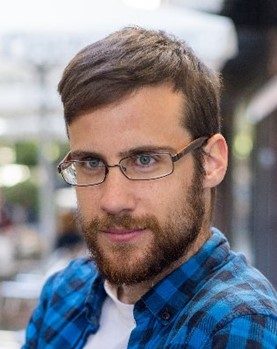
Sergio Valbuena is a postdoc at the Friedrich Miescher Institute for Biomedical Research in Basel (Switzerland), where he studies how inhibitory neurons regulate the formation of memory engrams. He did his PhD in Neuroscience in the Instituto de Neurociencias CSIC-UMH, studying how the triplication of a gene encoding for a subunit of the kainate receptor participates in the generation of physiological and cognitive phenotypes in a mouse model of Down syndrome. He is part of the Young Investigator Committee of the Spanish Society of Neuroscience (SENC) and has participated in the organization of two international meetings organized by and for young researchers.
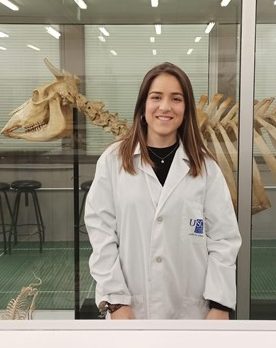
Paula R Villamayor is a PhD student at the University of Santiago de Compostela (USC). Her research is focused on the field of pheromones and chemical communication, specifically she is looking at the neuroanatomical and gene expression features of the vomeronasal organ in rabbits. She has enrolled in research internships in various leading institutes in the UK (King’s College London, University of Bristol and University of Edinburgh). She is part of the Young Investigator Committee of the Spanish Society of Neuroscience (SENC), member of the group ‘Science-me a Story’ of the Society of Spanish Researchers in the UK (SRUK) and also member of XuvenCiencia – USC scientific outreach group. She has received several awards with entrepreneurship projects aiming to implement pheromones to improve animal welfare, and she has also been awarded with the ‘Galician Young Research Talent’.
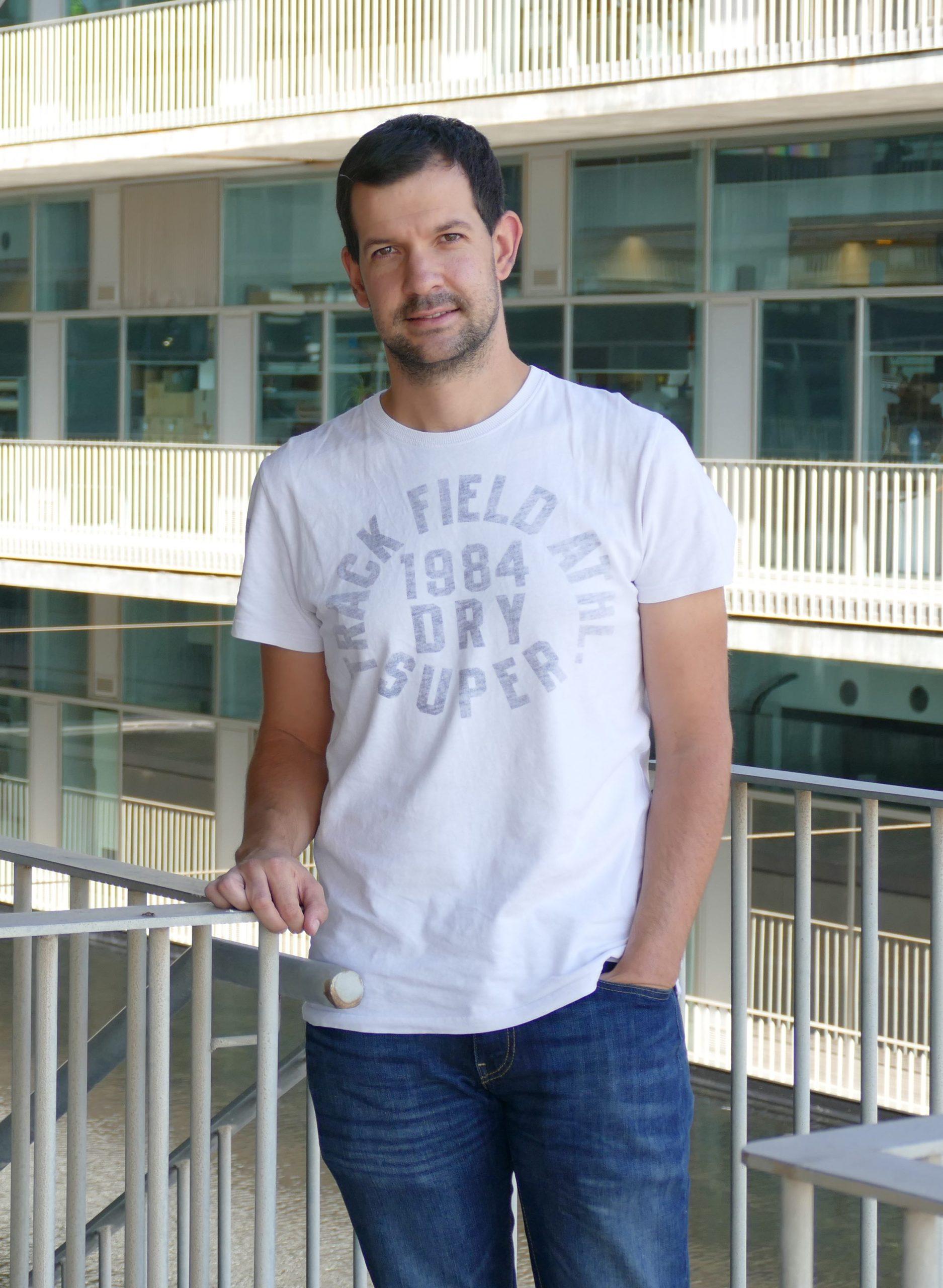
Arnau Busquets-García is a Ramon y Cajal researcher at the ” Hospital del Mar Research Institute” of the Parc de Recerca Biomedica de Barcelona where he leads the group “Cellular mechanisms in physiological and pathological behavior”). His research lines focus on investigating the possible therapeutic effects of cannabinoid drugs in Alzheimer’s disease and on deciphering how the brain forms associations that determine our daily decisions. Previously, Arnau was a predoctoral researcher in the Neuropharmacology group at Pompeu Fabra University (Barcelona, 2009-2013), where he obtained his PhD which received diferent awards from the Royal Academy of Doctors of Spain, Biogen-Idec or Fundació Esteve. During this period, he specialized in how cannabis and the endocannabinoid system modulate brain functions. After his PhD, Arnau spent 6 years in the laboratory of Dr. Giovanni Marsicano at the NeuroCentre Magendie (Bordeaux, France) where he continued to study the effects of cannabis in animal models. He is the author of more than 40 articles and has received a Starting Grant from the European Research Council (ERC), funding from the IBRO and also from the Spanish Research Agency. He has been actively involved in science outreach activities by participating in talks to schools or libraries in Barcelona.